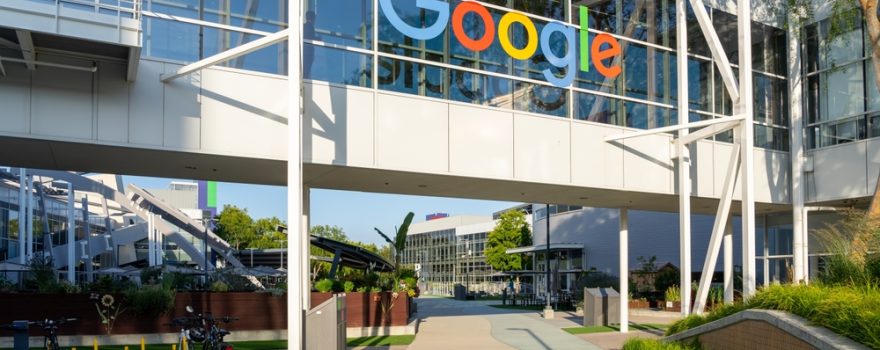
Tech giants may soon face a fresh reality in the UK as Google comes under pressure to share the spotlight with competing search engines, following signals from the Competition and Markets Authority (CMA) about potential regulatory action.
Regulators have outlined a roadmap that could compel Google to introduce “choice screens” offering users alternatives to its own search service—a move reminiscent of changes already rolling out under Europe’s Digital Markets Act.
Businesses relying on search traffic are watching closely, as the CMA’s probe aims to ensure that Google’s dominant position—accounting for over 90% of UK searches—doesn’t stifle innovation or inflate advertising costs.
Arguments from companies like EasyJet underscore how shifting search dynamics can reshape industries, with the airline cautioning that similar reforms in the EU inadvertently funneled traffic to online agencies that misrepresented prices.
Concerns stretch beyond commerce into digital expression, as retailers such as LoveHoney and Ann Summers have voiced frustration that Google’s SafeSearch filters limit discoverability for their legal adult-focused products.
Meanwhile, publishers are eyeing Google’s AI Overviews with apprehension, amid fears that news content may be used to train artificial intelligence tools without proper consent or remuneration.
Statements from Sebastian Cuttill of the News Media Association highlight how any CMA-imposed transparency could significantly affect how AI-driven services handle journalistic content, potentially reshaping the balance between platforms and publishers.
Alphabet, Google’s parent company, argues that the CMA’s proposals are overly broad and cautions that restrictive rules could reduce the UK’s access to technological innovations it historically enjoyed.
Read the full BBC report here.

 Get in Touch
Get in Touch 


